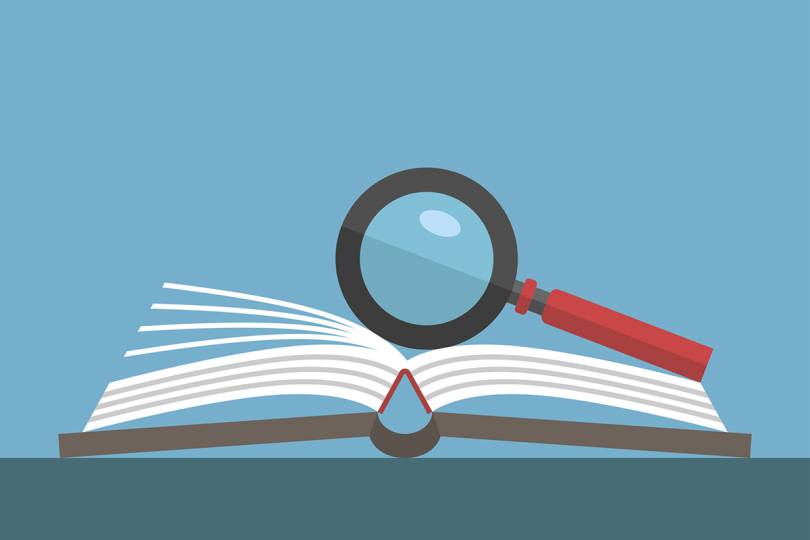On June 1, the HSE Academic Council approved a list of new research laboratories at the University. Their respective research agendas cover various fields, from transcendent philosophy and international law to bioinformatics and visual perception and attention modeling. On June 5, all of the laboratories commenced their activities at five HSE faculties.
Tag "new at HSE"
Samsung-HSE Laboratory will develop mechanisms of Bayesian inference in modern neural networks, which will solve a number of problems in deep learning. The laboratory team will be made up of the members of the Bayesian Methods Research Group — one of the strongest scientific groups in Russia in the field of machine learning and Bayesian inference. It will be headed by a professor of the Higher School of Economics Dmitry Vetrov.
The Higher School of Economics and InfoWatch Group, a Russian developer of information security solutions for organizations, have announced a new Department for Organizational Information Security as part of the School of Electronic Engineering of the Tikhonov Moscow Institute of Electronics and Mathematics (MIEM HSE). The decision was made by the HSE’s Academic Council and InfoWatch President, Natalya Kaspersky, has been named Head.


The new International Laboratory for Mirror Symmetry and Automorphic Forms will open at HSE’s Faculty of Mathematics in 2017. This project, overseen by Ludmil Katzarkov (Professor at the University of Miami), won the Fifth Mega-Grants Competition of the Government of the Russian Federation.
The Higher School of Economics has launched IQ.hse.ru, a new research and educational website containing articles featuring the results of the most interesting research carried out by the university staff, as well as video lectures, presentations of academic papers, and recent books.
This year, the HSE Faculty of Computer Science is opening an international theoretical computer science laboratory, which will be the new research division of the Big Data and Information Retrieval School. One of the lab’s main objectives is to help bring the Russian school of theoretical computer science to the world stage.
In 2016, the Higher School of Economics will be the first Russian university to become an associate member of a large project being carried out by the Freie Universität Berlin’s Dahlem Humanities Center. The project, entitled the Thematic Network Principles of Cultural Dynamics, aims to strengthen international cooperation in humanities research. Its objective is to study the factors that affect the cultural processes in the history of humanity’s development.
On June 15 the new international laboratory, Centre for Health Economics, Management and Policy, was opened at HSE in St. Petersburg. The head of the laboratory Christopher Gerry tells us about the laboratory, its plans and prospects.
